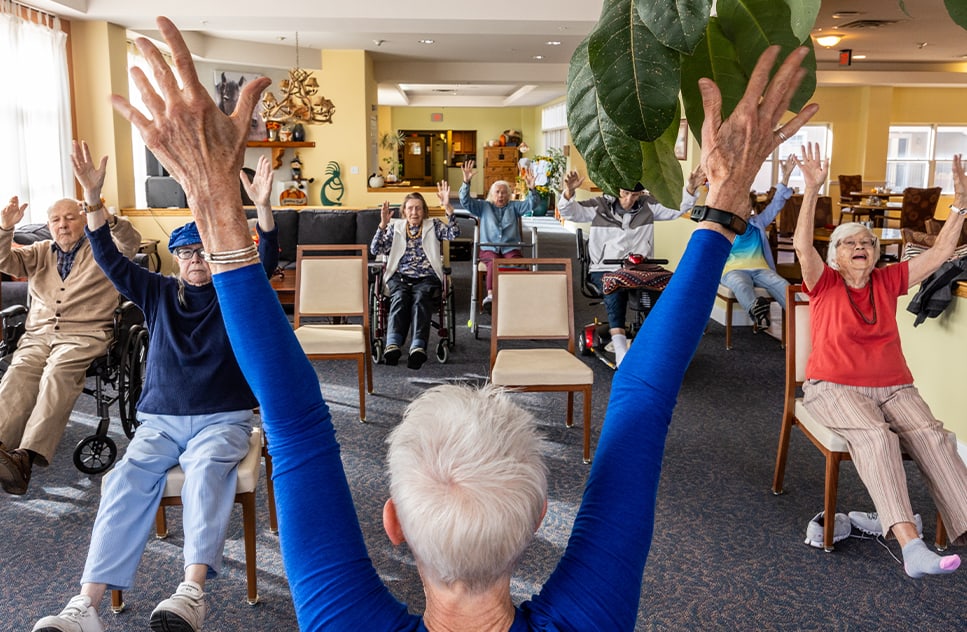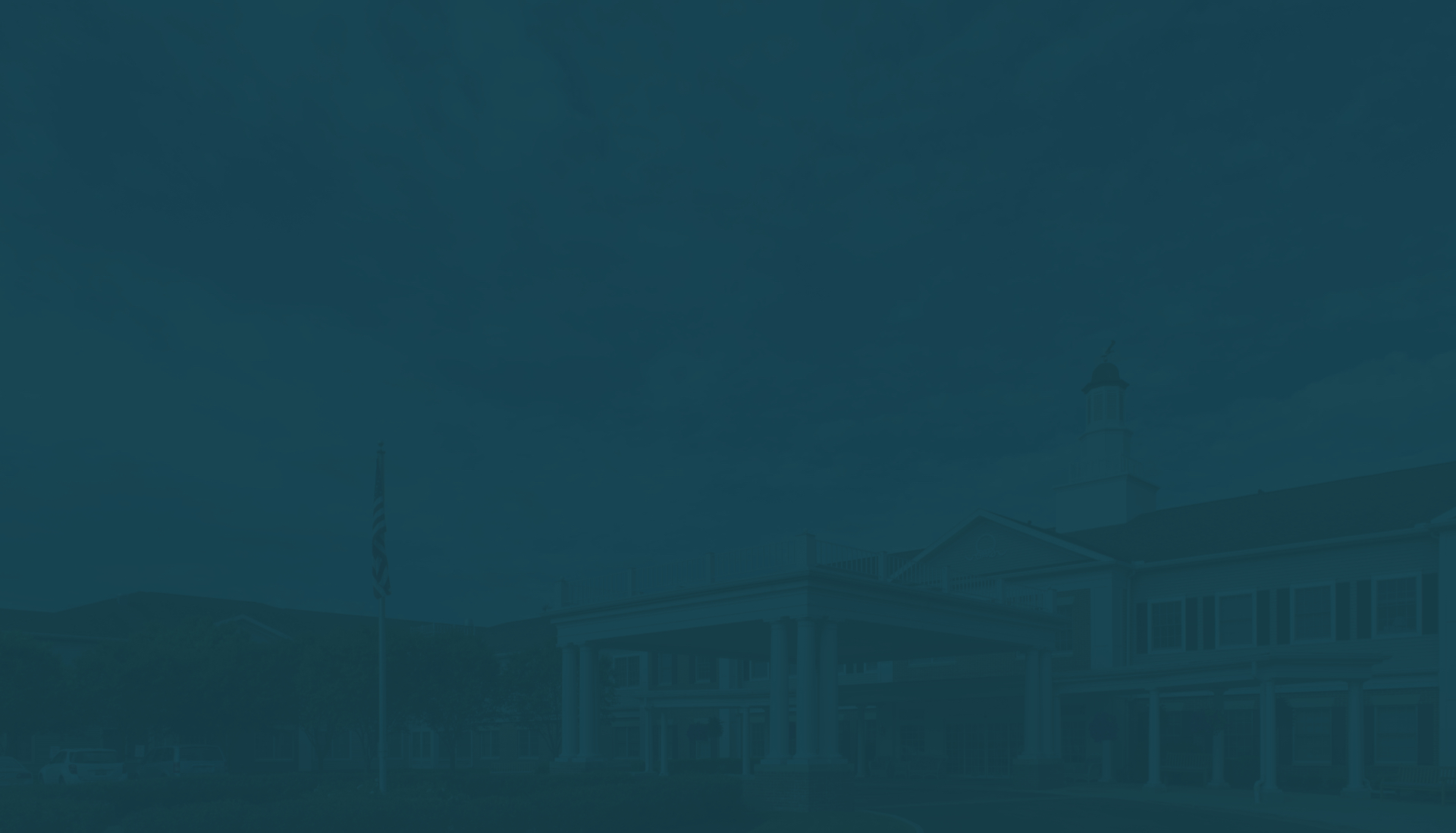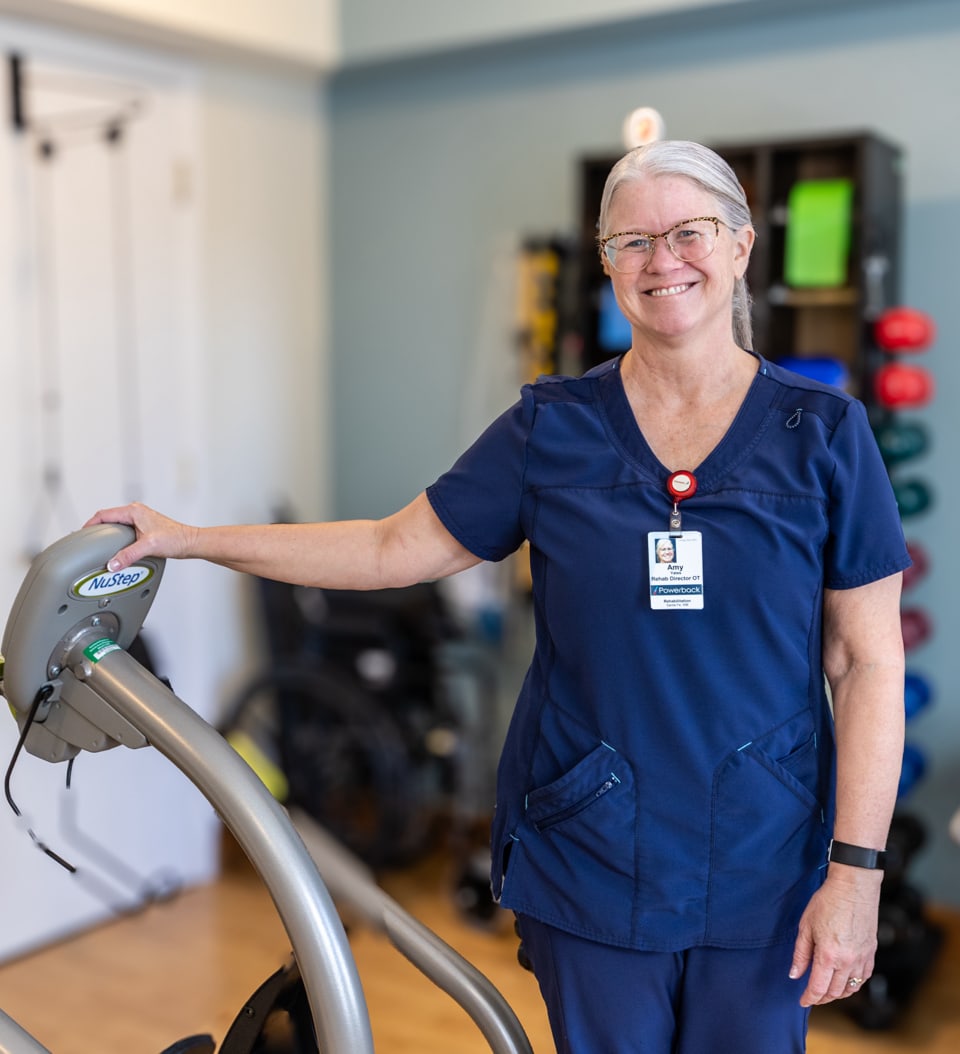Navigating elderly care without guidance often leads to frustration and caregiver burnout. Each aging parent has unique needs shaped by their health, financial situation, and personal preferences.
You might find yourself struggling with questions about caring for your elderly parents. Luckily there are many resources available for you to turn to if you need advice about your elderly parents including:
- Your parent’s family doctor or geriatrician
- Social services and care managers
- Community or nonprofit organizations
- Online Resources and support groups
- Legal and financial advisors
- Senior living advisors
- Your network
- Personal caregiving classes
1. Start with Your Family Doctor or Geriatrician
One of the most trusted sources of advice is your family doctor or a geriatric specialist. They can provide insights into your parent’s health, recommend preventative measures, monitor chronic conditions, and offer referrals to additional healthcare professionals when needed.
How to get the most out of a conversation with a family doctor or geriatrician:
- Prepare a list of questions or concerns before appointments.
- Discuss any new or recurring symptoms you’ve noticed with your elderly parent.
- Ask about community-based health programs or rehabilitative services they may recommend.
If your elderly parent isn’t already under the care of a geriatrician, consider switching to one. Geriatricians are specifically trained to manage the complex medical needs of older adults.
2. Social Services & Care Managers
Licensed care or geriatric care managers (GCMs) are fantastic allies for families seeking personalized advice. These professionals evaluate your elderly parent’s overall needs, including medical, emotional, and logistical, and help you create a tailored care plan.
How GCMs can help:
- Help you choose between home care, senior housing, or assisted living options.
- Coordinate healthcare or in-home support services.
- Offer ongoing support for managing care transitions.
To find a reputable geriatric care manager try finding a directory of certified professionals near you.
3. Community & Nonprofit Organizations
Community-based organizations or nonprofits are a wealth of resources for families caring for aging loved ones. These groups often provide free or low-cost support while fostering a sense of community.
Examples of services Offered:
- Meals on Wheels delivers nutritious meals to elderly adults who are unable to cook.
- Area Agencies on Aging (AAA) offer programs tailored to seniors, including transportation services and caregiver education workshops.
- Local senior centers often host support groups, social activities, and wellness programs.
Every state offers specific services catered toward elderly adults. Check out your state’s official aging services website for tailored opportunities near you.
4. Online Resources & Support Groups

The internet is an incredible tool for gathering advice and support. From informative articles to online communities, you’re just a few clicks away from guidance.
Common online options:
- AARP’s caregiving resources compile expert articles, guides, and tools specifically for caregivers.
- Family Caregiver Alliance (FCA) offers a learning center with practical tips and webinars.
- Online Support Groups like those on Facebook or AgingCare provide a space to connect with people going through similar experiences.
Joining online support communities can give you valuable perspectives, creative solutions, and emotional encouragement on difficult days.
5. Legal & Financial Advisors
Navigating legal documents and financial planning is often one of the trickiest parts of elderly care. Attorneys and financial advisors who specialize in elder law can simplify processes like estate planning, long-term care insurance, or Medicaid eligibility.
Key areas where they can help:
- Creating legal documents, such as wills, powers of attorney, or advance healthcare directives.
- Offering guidance on Medicaid and Medicare benefits.
- Assisting in managing taxes and investments in retirement.
Seeking professional advice ensures your parent’s interests are safeguarded while giving you peace of mind.
6. Senior Living Advisors
If you’re exploring senior housing, senior living advisors provide tailored recommendations. These professionals will consider your parent’s health needs, budgets, and preferences before suggesting options like assisted living, memory care, or nursing homes.
Many senior living communities provide free consultations. Contact them directly to learn more about their services.
7. Look to Your Network
Sometimes, the best advice comes from those who’ve walked the path ahead of you. Talk to friends, family members, or colleagues who have cared for elderly parents.
What to ask:
- What did they find most challenging?
- Are there care services or professionals they highly recommend?
- What were their key lessons learned?
These personal insights might resonate with your family’s situation and inspire new ideas you hadn’t considered before.
8. Professional Caregiver Training
If you’re a hands-on caregiver, attending caregiver training sessions can equip you with the knowledge and confidence to manage daily caregiving tasks effectively.
Organizations such as the American Red Cross or local hospitals frequently offer caregiver preparation classes. Covering essential areas like home safety, effective communication, and emergency response, these programs can be a game-changer for families managing care independently.
Next Steps for Supporting Your Aging Parents
Caring for elderly parents is an ongoing learning process packed with rewarding moments and tough decisions. Remember, being proactive is key. Take the time to explore local services, consult experts when needed, and connect with those who share similar experiences.
At Kingston HealthCare, we want to help you find a solution that meets your loved one’s needs. If you’re interested in learning if one of our communities is right for your elderly parent, contact us today.






